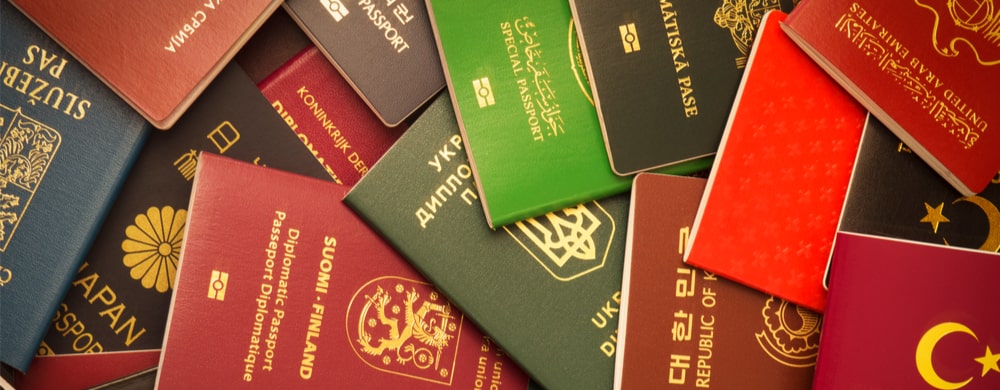Contact us and see what NetOwl can do for you!
Name Matching for Border Security: A Use Case
Homeland Security, Identity Resolution, Name Matching, Risk Management

Name Matching for Screening at National Borders
Maintaining border security is a big undertaking for a country. Each country needs a free flow of people that it wants to come in – tourists, students, business people, etc. – while blocking others that pose a security risk. Travelers need to be screened at all entry points: airports, seaports, and border crossings. One of the major requirements is to screen all passengers against watch lists of various kinds, such as those created and maintained for catching terrorists.
Why Our Customer Chose NetOwl to Provide Name Matching for Border Security
One of our customers recently deployed NetOwl’s Name Matching product at a certain country’s main international airport as well as at other access points within the country as part of a wider border security solution. The customer evaluated multiple products and chose NetOwl because of its high accuracy, scalability, and ease of integration.
NetOwl also met the following additional criteria:
- It’s fast and can handle a very large number of travelers who have to be screened quickly while waiting at an airport or other control point.
- It’s highly accurate. False matches may prevent very worthy individuals from entering. Missed matches may let in people who pose a threat risk. NetOwl uses its Machine Learning and AI-based algorithms, which have been trained on a large amount of real world name variant data, to achieve these goals.
- It handles names from many different ethnicities. In this intensely globalized world, the name matching the customer needed had to handle not just Western names, but also those of African, Asian, Middle Eastern, etc., origin. For more discussion of the kind of name matching challenges that NetOwl handles, see here.
- In an advanced use case, NetOwl handles name matching from one script to another. The watch list may have names in Latin characters, but the data the passenger presents with may be in different scripts, such as Chinese, Arabic, or Cyrillic script.
How NetOwl Is Deployed
Due to connectivity issues, the customer does not conduct name matching screening at the central site, but rather distributes it to each satellite site, disseminating the watch list index from the central site to the satellite sites periodically. NetOwl’s architecture handles this scenario smoothly.
As a regularly scheduled nightly job, updates to any of the watch lists are loaded into the instance of NetOwl located at the central site to build an updated index of the latest screening data. After updating this central index, the job pushes out the update to all of the NetOwl instances at the other sites that are network accessible at the time. These satellite instances have their own jobs that periodically check for the presence of updated data, and if found, reload the local NetOwl instance to use the latest data. Satellite installations also have the ability to “pull” updates from the server at the central site whenever connectivity can be established. In this way, each satellite site is able to perform its key screening function with the latest data it is able to obtain.
Summary
Each country needs strong name matching to truly secure its border. Many are, however, still stuck with an old “state-of-the-art” in name matching and have to accept high rates of false positives or false negatives (for traditional approaches to name matching, see here). In the latter case, users are not even aware of what they are missing. When a border security system is functioning using such outdated technology, there is great risk that it is both stopping bona fide travelers and missing bad guys.
Here at NetOwl we have a great deal of experience with name matching. In the MITRE Multicultural Name Matching Challenge competition, NetOwl posted the top score among 40 entrants. The Challenge was focused on the problem of matching names of widely variable ethnic origins.



